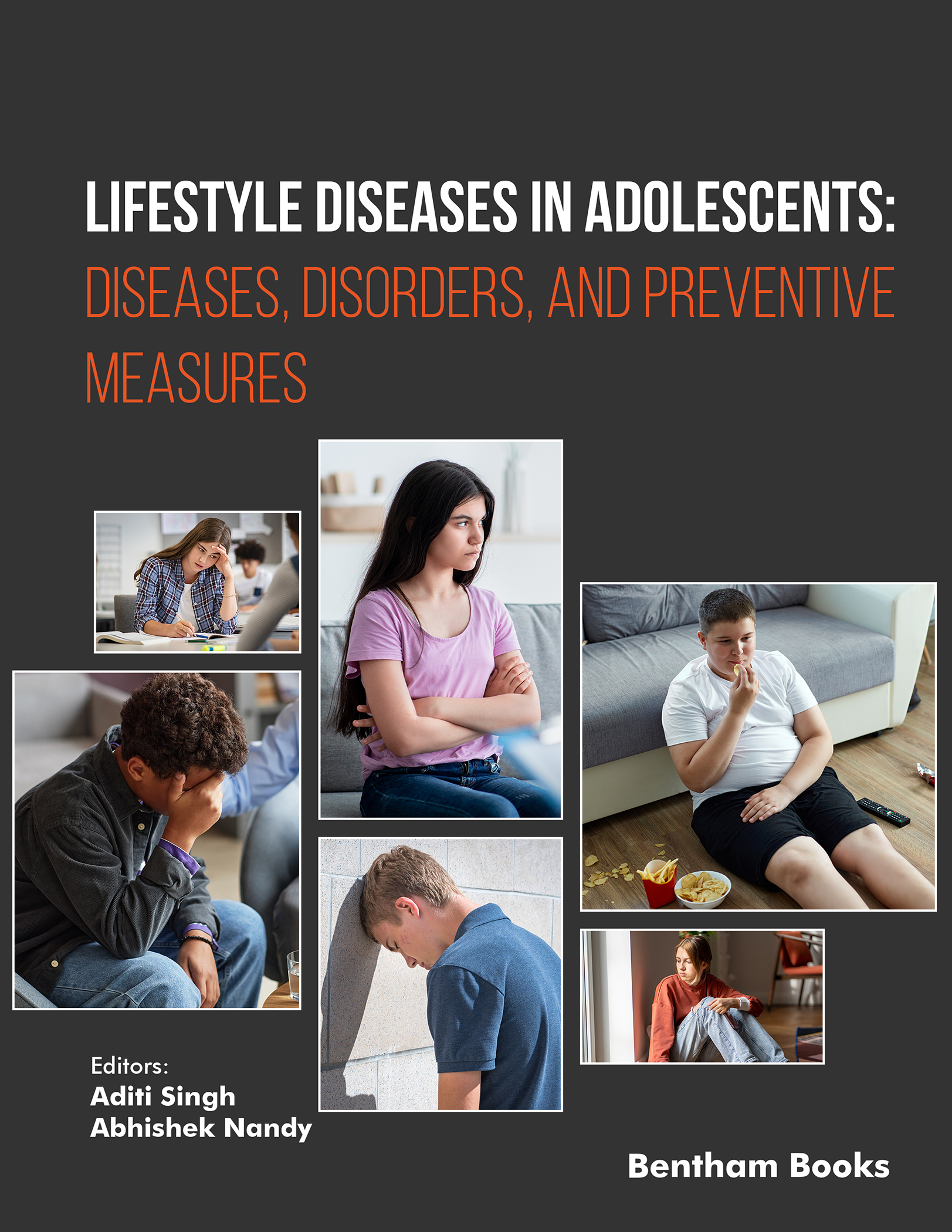Neurological Disorders and Epilepsy among Adolescents

- Authors: Abhishek Nandy1, Chhavi Shukla2, Aditi Singh3
-
View Affiliations Hide Affiliations1 Amity Institute of Biotechnology, Amity University Uttar Pradesh, Lucknow Campus, Lucknow 226028, India 2 Amity Institute of Biotechnology, Amity University Uttar Pradesh, Lucknow Campus, Lucknow 226028, India 3 Amity Institute of Biotechnology, Amity University Uttar Pradesh, Lucknow Campus, Lucknow 226028, India
- Source: Lifestyle Diseases in Adolescents: Diseases, Disorders, and Preventive Measures , pp 14-30
- Publication Date: July 2024
- Language: English
Neurological Disorders and Epilepsy among Adolescents, Page 1 of 1
< Previous page | Next page > /docserver/preview/fulltext/9789815274431/chapter-2-1.gif
Adolescence includes phases of both significant social role shifts and biological growth, both of which have evolved over the previous 100 years. A relatively prevalent neurologic condition throughout adolescence is epilepsy. Growth, hormonal, psychological, and social circumstances all undergo significant change during adolescence. It can be extremely challenging for many young women with epilepsy to manage the developmental and emotional challenges of adolescence while still having to deal with the reality of seizures, medication, stigma, and restriction. These young women's everyday functioning and quality of life are further impacted by the additional load of comorbidities like depression. It is crucial to spend time with these teenagers discussing the effects of epilepsy and giving them the information and resources they need to succeed in regaining their confidence and control over their lives. Teenagers frequently struggle to embrace the chronic nature of their epilepsy and to take their medications as prescribed, which can lead to bodily harm and real or imagined barriers to employment and lower morale. Additionally, it was discovered that children and teenagers with epilepsy are more likely to exhibit depressive and anxious symptoms. Additionally, teenagers also suffer from other neurological disorders that are common but less reported, like multiple sclerosis. The aim of this chapter is to focus on some of the neurological diseases that are present mainly in the adolescent period mainly epilepsy and some other neurological diseases.
-
From This Site
/content/books/9789815274431.chapter-2dcterms_subject,pub_keyword-contentType:Journal -contentType:Figure -contentType:Table -contentType:SupplementaryData105

